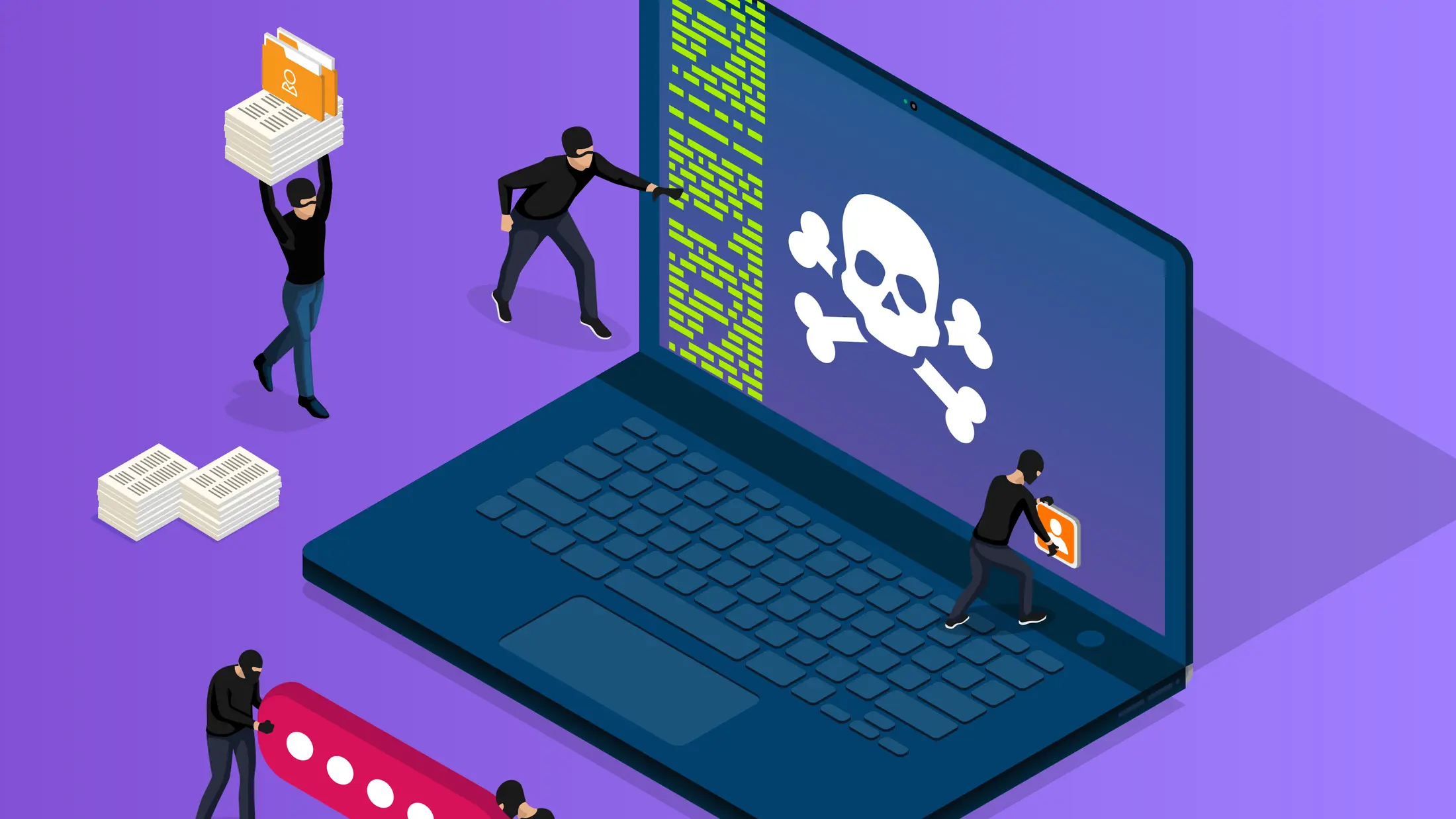The digital healthcare industry is booming, driven by a mission to improve services and make care more accessible. Virtual care platforms, electronic health records, smart devices and cloud-based systems are now at the heart of how medical services are delivered and managed. But does this rapid innovation come at a cost?
Our claims data at CFC shows a clear trend. Cyber losses now represent a significant share of eHealth claims, making up 25% of all claims and 38% of the total cost. While traditional exposures like bodily injury remain important, cyber risk is quickly becoming one of the most pressing challenges for the digital health sector as it innovates and expands. This raises a critical question: why are cybercriminals increasingly targeting healthcare, and how should insurance respond to this developing threat?
The digital health claims profile is changing
The same things that make digital healthcare so innovative—it’s accessibility, interconnectedness and reliance on vast datasets—also make it a prime target for cybercrime. The stakes are uniquely high. System downtime doesn’t just mean IT disruption, it can lead to cancelled appointments, delayed diagnoses, rerouted emergency services and even errors in treatment, all of which can impact patient care and safety.
Then there’s the unparalleled volume of Protected Health Information (PHI), from medical histories to financial details. It’s highly sensitive and valuable, making it a goldmine for cybercriminals looking to steal data or launch targeted extortion attacks. Add in fragmented systems and aging infrastructure, and it’s easy to see why healthcare is in the crosshairs.
Traditional healthcare insurance simply isn’t built to handle the scale and complexity of today’s digital threats. As healthcare providers become increasingly reliant on technology, it’s not just medical malpractice or product liability they need to worry about—cyber risk has become just as critical. But in a threat landscape that shifts constantly, cyber cover must be more than just a bolt-on. It needs to be broad, clear and adaptable. That’s why we’ve extended our Cyber Proactive Response (CPR) wording into our digital health policy
CPR enhancements: Tailored cyber coverage for digital health
CPR is designed to offer proactive, market-leading cyber protection that evolves with the threat landscape. For digital health providers—where patient care, operational continuity and data privacy risks are paramount—this kind of cover isn’t just helpful, it’s essential.
Through our eHealth policy, CPR gives providers access to proactive services that help detect and stop threats before they escalate. Having the right support in place can make all the difference in limiting the fallout from incidents such as data breaches and ransomware attacks, helping to preserve continuity, protect privacy and deliver patient care.
Every CFC eHealth policyholder benefits from:
- Proactive cyber attack prevention: Access to expert threat hunting and monitoring services, embedded in the policy to help stop threats before they impact
- Nil deductible for incident response costs: These costs sit outside the main policy limit and apply as a standalone tower, offering additional peace of mind when fast action is needed most.
- Emergency continuity costs: Cover to help providers stay up and running during or after a cyber event, minimizing disruption to patient services.
- Enhanced cybercrime coverage: Affirmative cover for invoice manipulation and corporate identity theft—common tactics in today’s attacks.
- Extended business interruption and system damage cover: Includes dependent business interruption, voluntary shutdown and bricking of tech hardware.
- Aggregate deductible: Applied across all professional liability and cyber clauses to reduce financial impact and simplify claims.
- Affirmative AI cover: Clear, affirmative cover for AI used across diagnostics, administration and patient care.
- Physical goods fraud cover: Protection for medical device and equipment purchases—vital for product-based firms operating in healthcare.
What’s next for digital health?
Find top trends, claims insights and future predictions from our experts in our ‘digital healthcare report 2025’.


